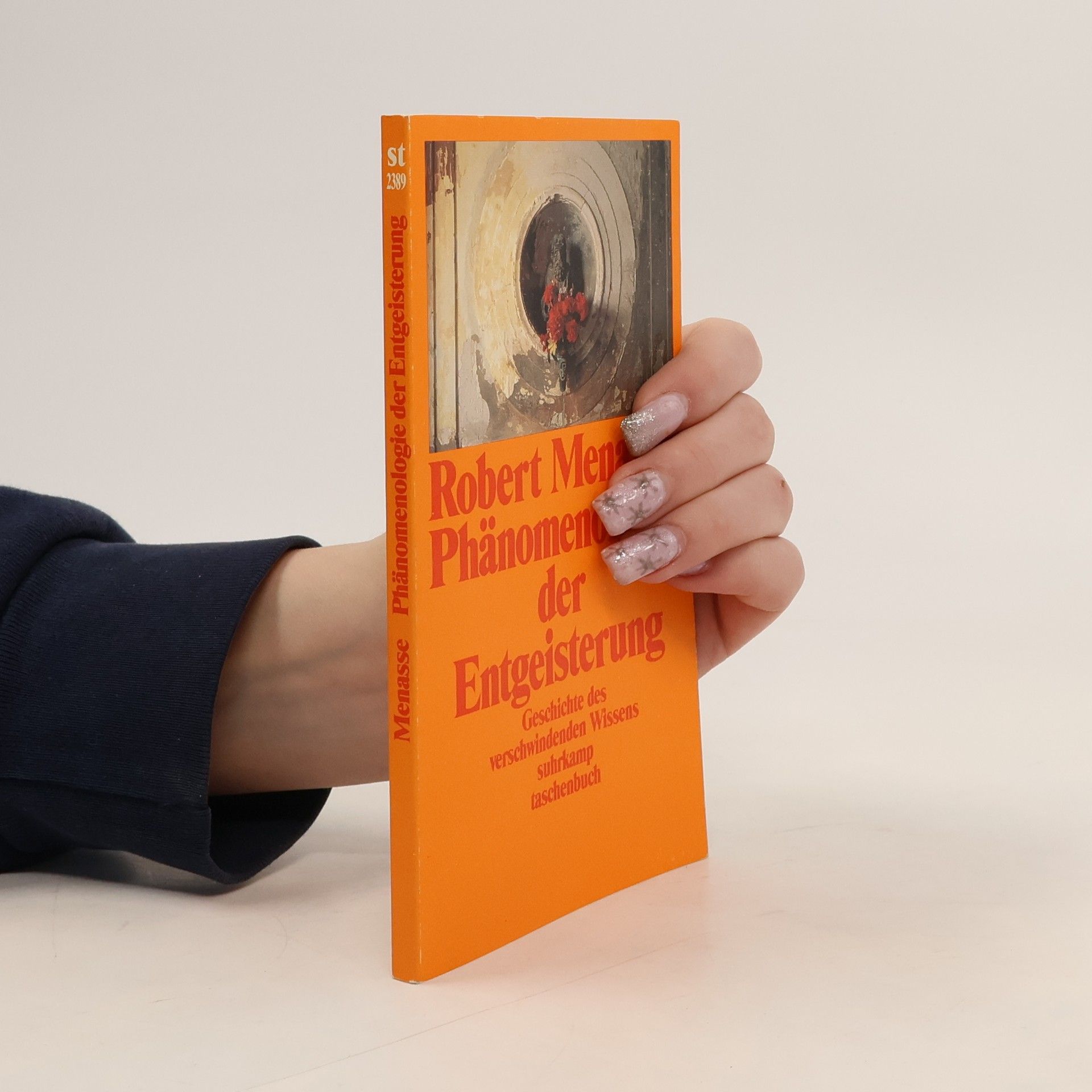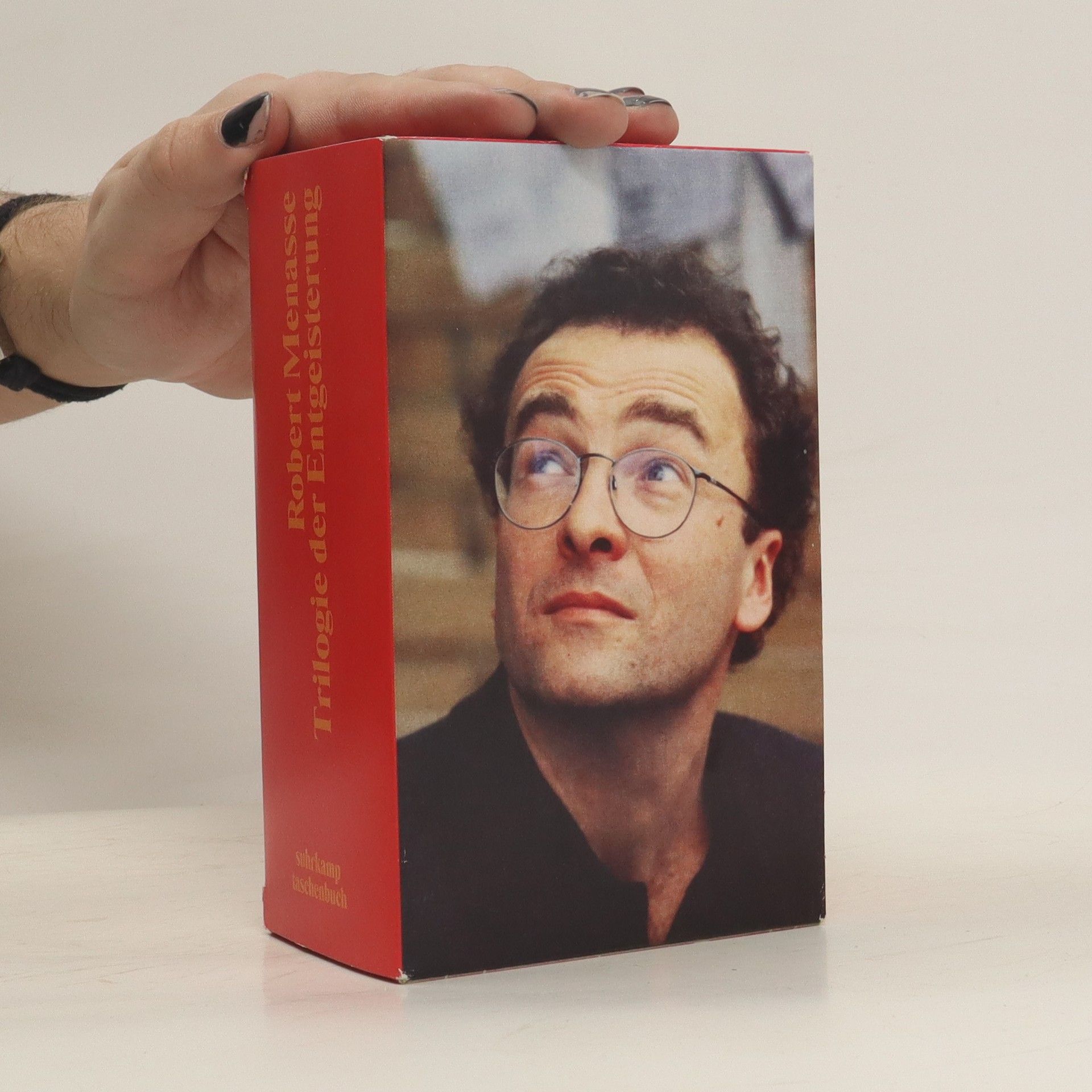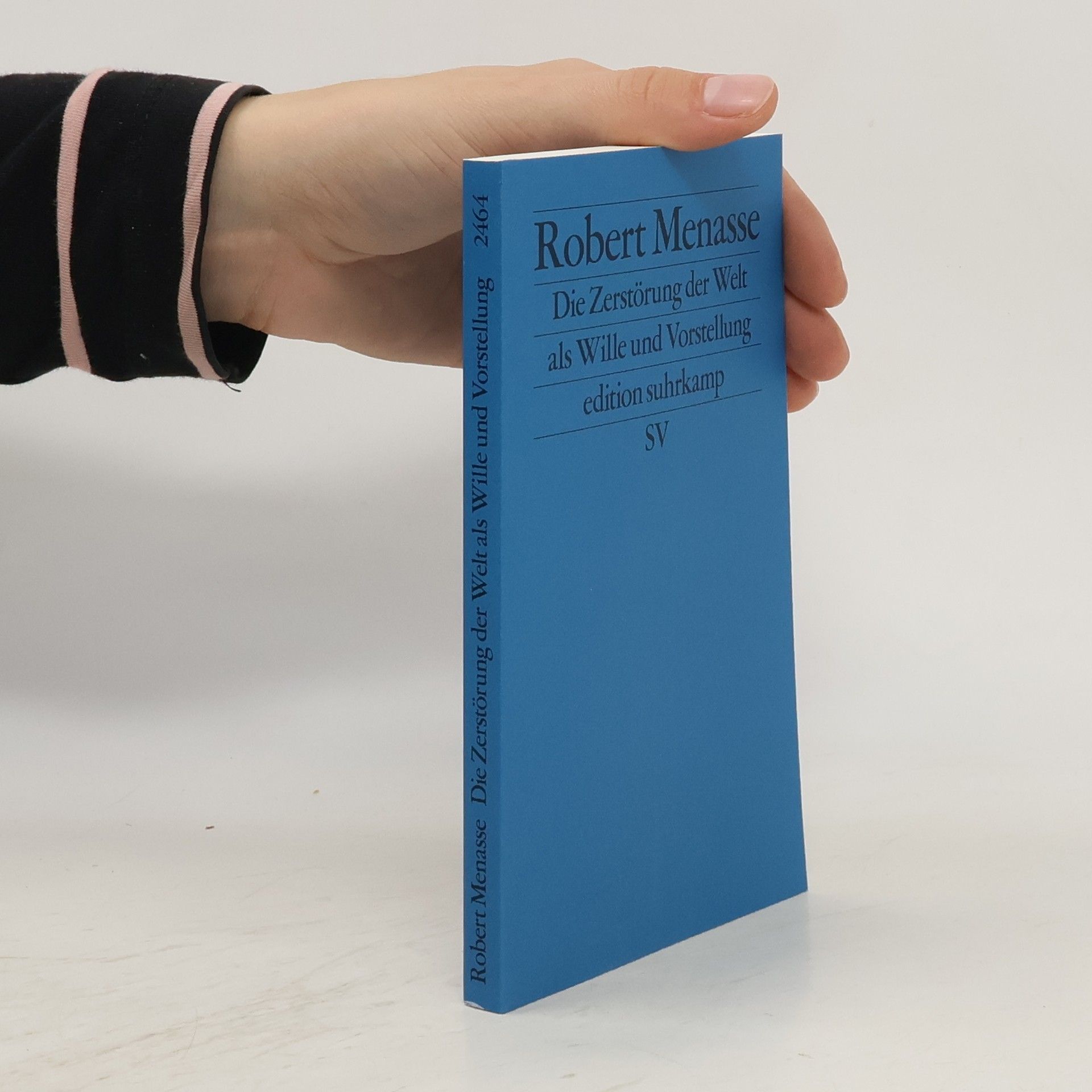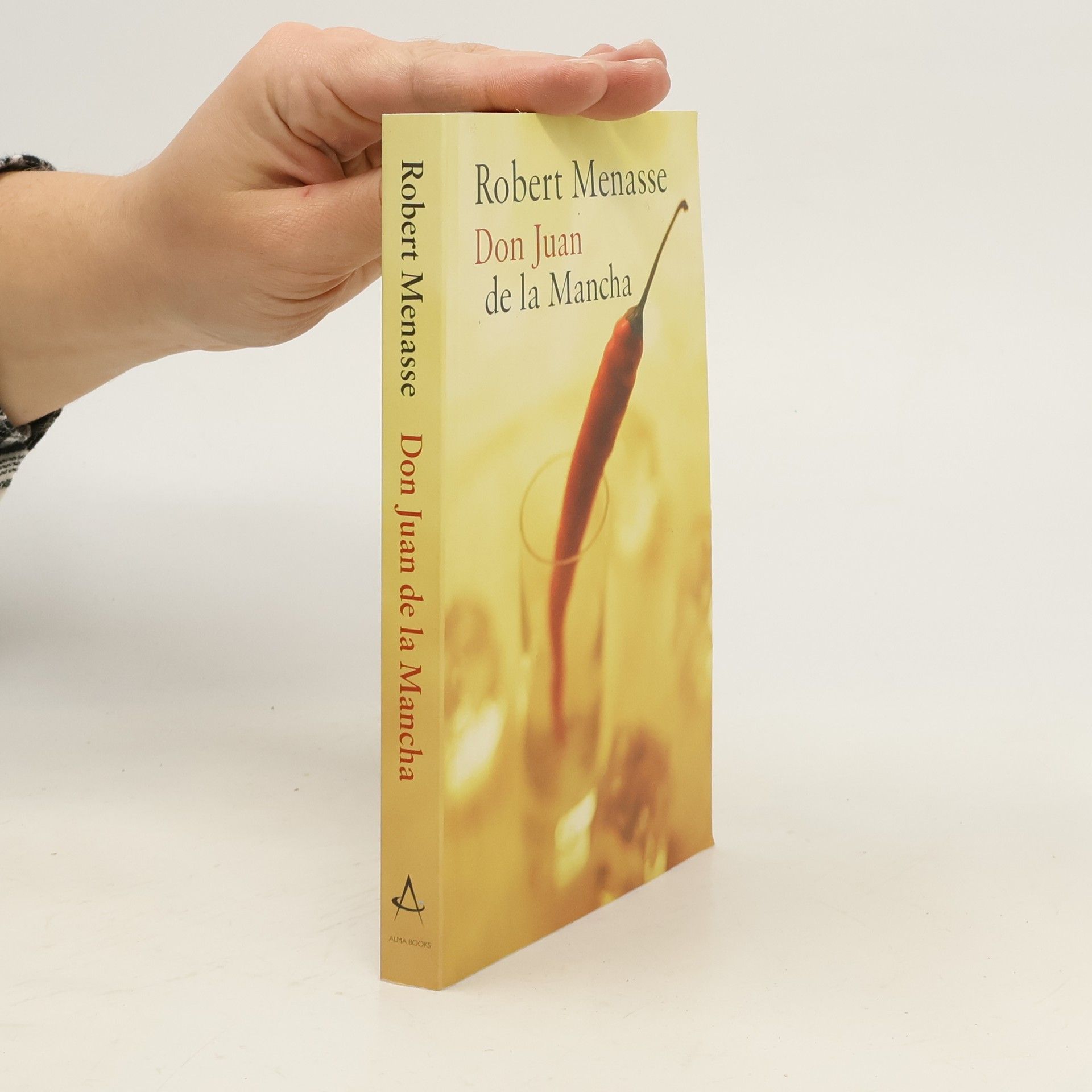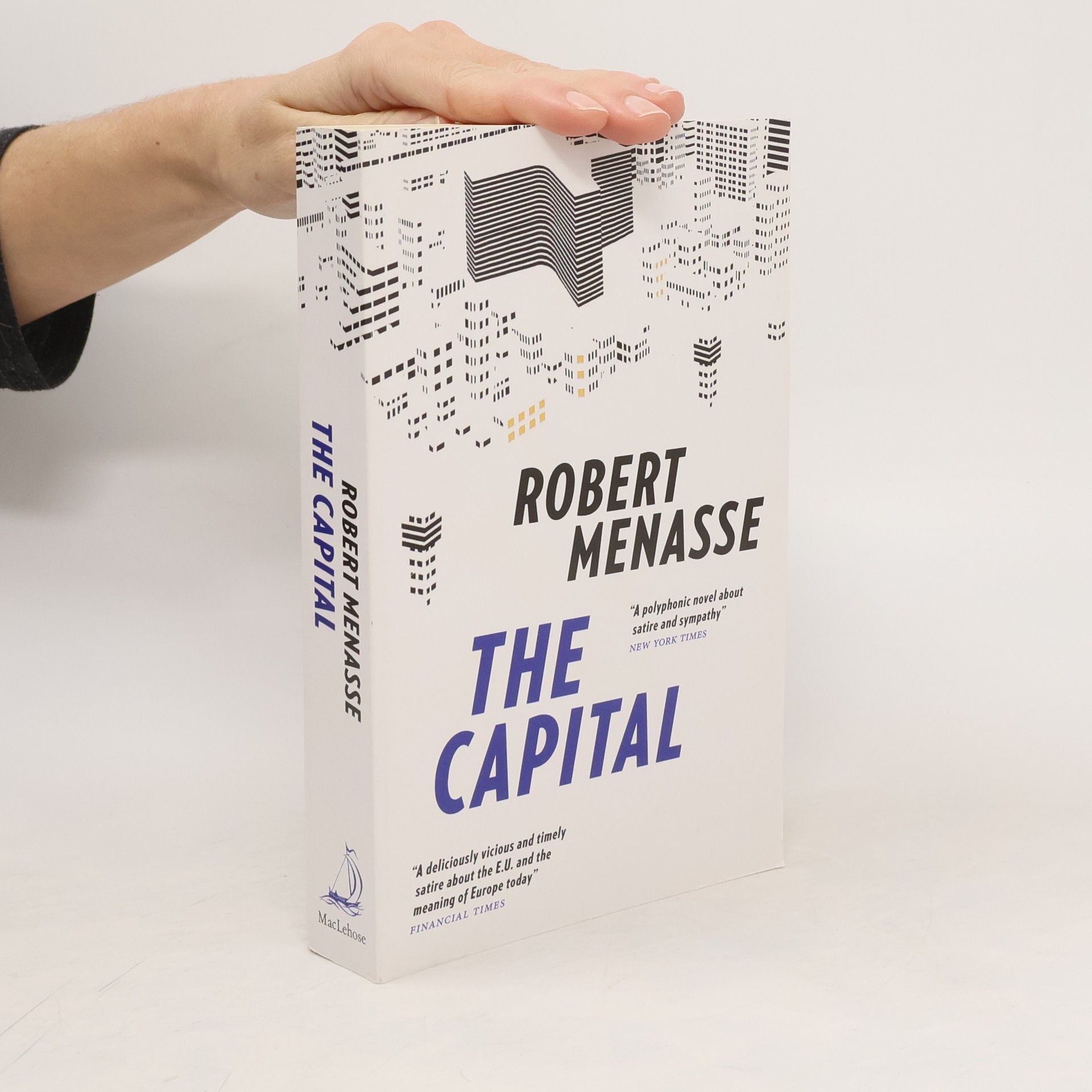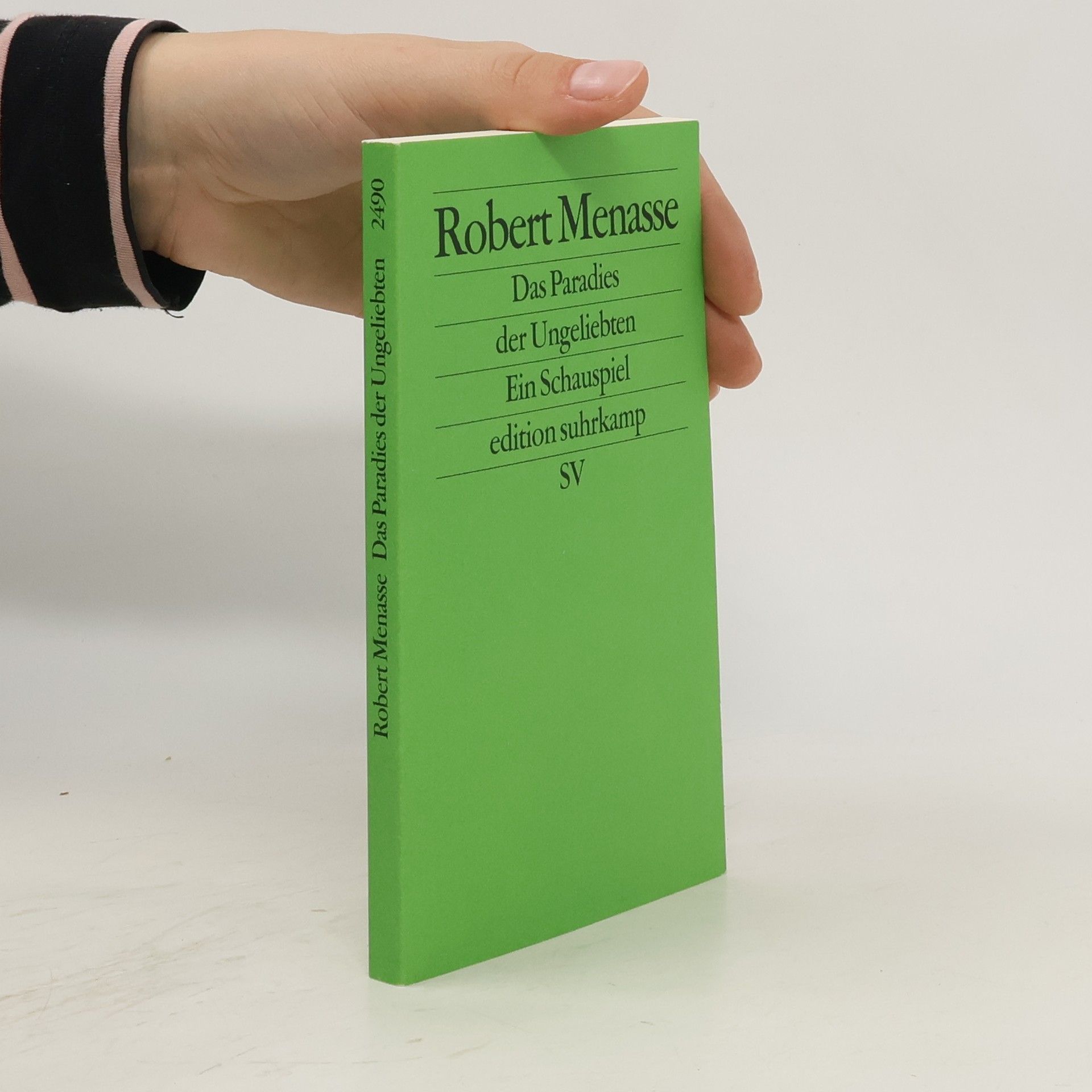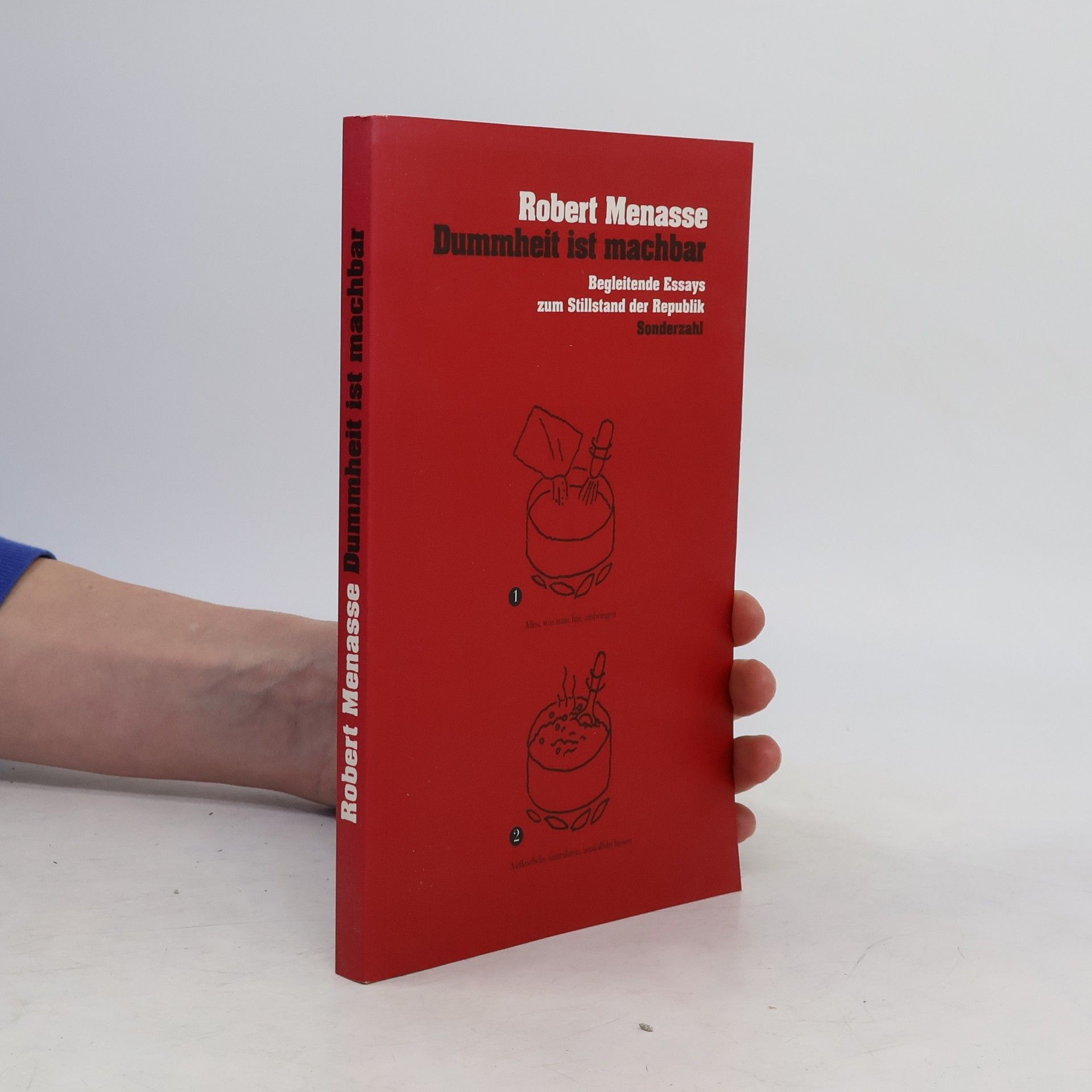Enraged citizens, European peace and democratic deficits
- 134 pages
- 5 hours of reading
In March 2010, Robert Menasse went to Brussels to begin researching a novel about the European Union. Instead of producing a work of fiction, however, his extended stay in Brussels resulted in The European Courier, a text in which he examines the European community from its beginnings in the transnational "Montanunion" (European Coal and Steel Community, 1951) to the current "financial crisis" of the European Union. In the course of his analysis, Menasse focuses on the institutional structures and forces that work to advance--or obstruct--the European project and its goal of a truly postnational European democracy. Given the internal tensions among the European Commission, the European Parliament, and the European Council, Menasse argues that what is frequently misunderstood as a financial crisis is, in fact, a political one. As Menasse claims in The European Courier, "Either the Europe of nation-states will perish or the project of transcending the nation-states will."

